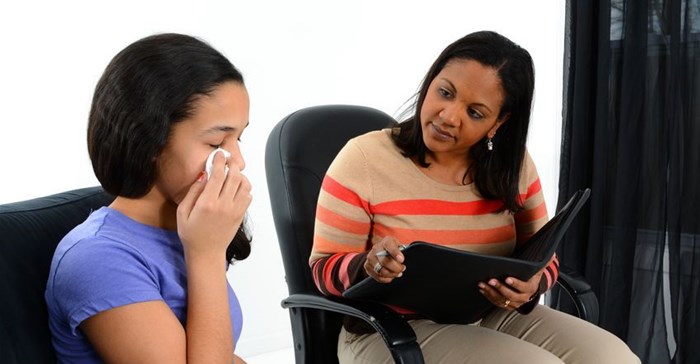Poor mental health is as big a threat as poor physical health in the time of corona
Globally, hundreds of millions of people suffer with anxiety and depression and around 800,000 people commit suicide every year. Closer to home, the situation is every bit as dire with some estimates purporting that one third of South Africans suffer from mental illness. Of particular concern is our high rate of teen suicide (the cause of 9.5% of teenage deaths in the country), our high rate of male depression (14 men commit suicide daily in South Africa – this is five times the amount of women that do so) and the fact that nearly half of all new mothers in the country experience post-natal depression. Add to that, 75% of South Africans suffering mental illness never receive treatment.
These stats precede a pandemic sweeping through the world, changing just about every aspect of life as we know it and removing all illusions of security and control. As Covid-19 cases continue to rise, uncertainties around lockdown levels and school returns compound the anxiety of South Africans.
Without a global pandemic, the need for heightened mental health awareness and intervention was crucial, but now it has become urgent. The consequences of the outbreak include widespread fear, anxiety and isolation – even in those with no history of mental illness – all proven causes of mental ill health.
Last month, global mental health campaign Speak Your Mind released The Return on the Individual Report (ROI).
The report turns the traditional approach to return on investment on its head and, for the first time, makes the wider social and business case for investing in mental health; and for putting people at the heart of investment. It shows that when we invest in mental health, it creates a ripple effect of returns; not only for businesses and the overall economy, but also for physical health outcomes, maternal and child health, communities, workplaces, family wellbeing, and society as a whole.
Investing in mental health isn’t limited to financial investment in services, it also means investing in research, education, awareness and rights. Now, more than ever, such investment is crucial.
In essence, there is an overwhelmingly sound business case to be made for a broadscale investment in mental health and psychosocial support and a call for government to further prioritise and invest in mental health – not in spite of Covid-19 but in light of it.
Some ways to do so include:
- Providing psychosocial support and counselling for patients in isolation: Early research emerging on the mental health impact of Covid-19 shows that countries do not have proper mental health responses in place, including being unable to offer psychosocial support for patients in isolation, both at health facilities and at home. While NGOs and corporates have been sharing tips on coping with isolation, people who are undergoing testing for Covid-19 should be provided with counselling before and after testing. Regular psychological check-ups should be available for those who are in isolation.
- Investing in mental healthcare workers: According to the World Health Organisation, South Africa has a severe shortage of mental health professionals and community-based mental health outpatient facilities as well as inadequate provision of personal protective equipment. Government must ensure safe and supportive working environments for all healthcare workers.
- Providing long-term mental health responses to the Covid-19 ‘aftershock’: Many South Africans will need psychosocial assistance to recover from the impacts of the pandemic.
- Investing in the mental health of the general population: it is estimates that 12 billion productive days are lost each year due to depression and anxiety alone. The report further states that in South Africa, the cost of absenteeism due to depression is estimated to be $14.8bn, significantly higher than the estimated cost of absenteeism of $2.2bn.
The research is clear; if we hope to emerge from this pandemic as a stronger nation, our healthcare investment must extend beyond physical health outcomes to incorporate mental health.
























